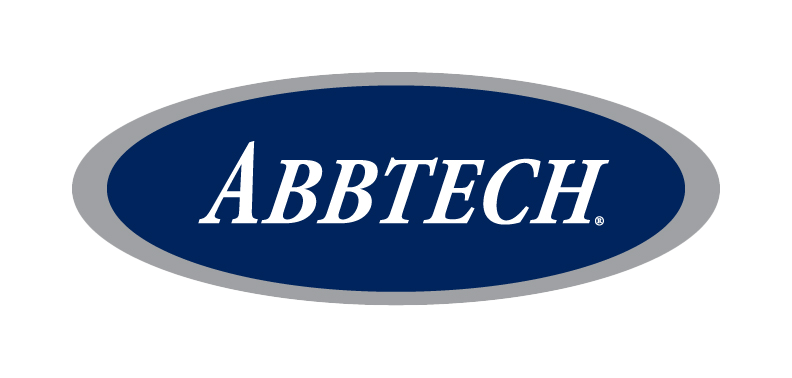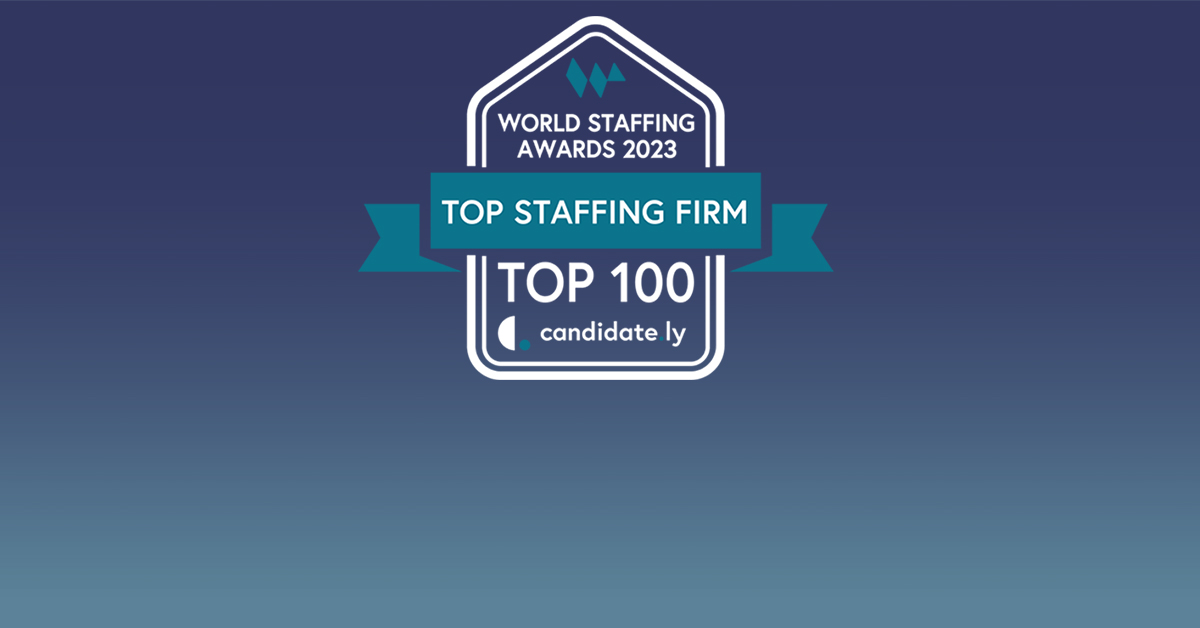ABBTECH has been ranked the 18th Largest Women Owned Business in Greater Washington by the Washington Business Journal.
Tag: Staffing Agency
5 Leadership Strategies for Managing Remote Teams
The pandemic forced many businesses to shift to hybrid or fully remote teams. The transition was challenging for some companies, and many managers are still learning and adapting to managing their remote teams. If you are still learning to manage your remote workers effectively, here are 5 effective strategies for managing remote teams. Trust your… Continue reading 5 Leadership Strategies for Managing Remote Teams
Laid Off? Bouncing Back in Today’s Market
If you’ve recently been laid off, you’re likely not sure what to do next. Let’s look at some valuable tips that can help you.
Hobbies To Put On Your Resume While Working in Engineering
It is a great idea to put hobbies on your resume. Let’s take a look at a few you should consider adding to your resume.
Online Reputation: Tips For Building a Solid Presence
Your company’s online reputation plays a significant role in driving overall recruitment, including passive candidates. Creating a solid, multi-faceted online presence that reflects your branding and values creates positive feelings in prospective job candidates and customers. A multi-faceted company presence includes a well-managed website, social media profiles, videos, and other media. Reviews and testimonials are… Continue reading Online Reputation: Tips For Building a Solid Presence
ABBTECH Named Among Top Staffing Companies
World Staffing Awards has named ABBTECH Professional Resources, Inc (ABBTECH) as one of the Top Staffing Companies to Work for in 2023. The award, presented by Candidate.Ly, recognizes superior achievement in performance and culture by top staffing companies. This year’s winners were honored during the World Staffing Summit, which took place on January 24, 2023.… Continue reading ABBTECH Named Among Top Staffing Companies
Improve Your Time Off with these 4 On-The-Job Hacks
Scheduled time off can lead us worry about the work that will be waiting when we return. Your PTO should be relaxing and restful. In this article we will discuss four tips and tricks to help you improve your time off make and your PTO more enjoyable.
Transforming an Under Performing Employee
If you feel like your team is suffering because of an underperforming employee, you have to consider why it’s happening and what you can do to manage it. Try these five steps to assess the situation and transform an underperforming employee:
How To Get Organized When You Need a New Job
Looking for a new job is exciting. It can also quickly become overwhelming if you haven’t adequately prepared. If you’re considering leaving your current job for something new, you need to know how to get organized as it can maximize your chance of success. In this blog, we’ll discuss some of our top tips to… Continue reading How To Get Organized When You Need a New Job
Are “Boomerang Employees” the Next Big Thing?
With many companies striving to find top talent, employers are softening toward rehiring former employees. As former employees, these “boomerangs” are considered less risky than a new hire. Based on their former employment, you know their skills and experience.
Make Yourself A More Marketable Applicant
Improving your marketability in the new year takes commitment and effort. You must build a solid brand for yourself, learn and acquire new skills, and expand your network.
Is it Time for the 4-Day Work Week? Pros & Cons to Consider
Many companies are making changes in an effort to attract top talent and retain more workers. One concept generating interest and increasing in popularity is the 4-day work week. The 4-day work week compresses the traditional 40-hour work week into four days or shortens it to 32 hours a week. Modifying the work week in… Continue reading Is it Time for the 4-Day Work Week? Pros & Cons to Consider
3 Tips to Help You Earn a Promotion This Year
If you’ve been working toward a promotion at work, you may wonder if you can improve your chances of getting it in 2023. Earning a promotion raises your position in a company, as well as increasing your salary, benefits, and sense of accomplishment. Below are 3 tips to help you earn a promotion this year.… Continue reading 3 Tips to Help You Earn a Promotion This Year
5 Recruiting Trends We Expect to see in 2023
As more industries return to their pre-pandemic state, we can expect 2023 to be a year full of opportunity and innovation in the labor market. In this blog, we’ll discuss several of the recruiting trends that we expect to see in the new year.
How to Stand Out as an Entry-level Developer
Finding entry-level employment in any industry can be difficult, especially in the tech industry. With hot software development positions rising, standing out among more experienced competition can be tough. Tips on how to stand out as an entry-level developer are below. So, how can you stand out as an entry-level developer with so much competition?… Continue reading How to Stand Out as an Entry-level Developer
Nail Down your Hiring Needs
Employees are leaving the workforce at an alarming rate, and the hiring struggle will likely continue. Now is the time to nail down your hiring needs. The sooner you create a solid hiring plan and implement it, the sooner you’ll fill those job openings. Anticipate Your Hiring Needs Calculate how many positions you need to… Continue reading Nail Down your Hiring Needs
Career Check-In: Did you Achieve your Professional Goals?
Now is the perfect time to evaluate your career progress over the past year. Did you achieve your professional goals? What new goals will you work towards throughout the coming year? This blog will explain everything you need to set tangible, attainable professional goals. We’ll also look at some great examples of professional goals that… Continue reading Career Check-In: Did you Achieve your Professional Goals?
Employee Appreciation Ideas for your Remote Team
Showing appreciation to your employees is easy when everyone is in-office. What if your team is remote? How can you show your employees how valued and appreciated they are when they are miles (or even countries) apart? Employee appreciation ideas for your remote team to follow. If you’re eager to show your remote team your… Continue reading Employee Appreciation Ideas for your Remote Team
Why you Should Choose a Candidate with Past Military Experience
America’s military veterans are among the most disciplined, talented, highly skilled, and driven people you can employ. Many people, though, have a very narrow view of what military service involves. They don’t understand what an asset these hard-working individuals can be for your business. Read on why you should choose a candidate with past military… Continue reading Why you Should Choose a Candidate with Past Military Experience
How to Create a Veteran Friendly Workplace
On November 11th, every year, we celebrate the service and heroism of our military veterans. In the United States, military veterans comprise around 8 percent of the adult population. As more veterans begin transitioning from military life to civilian, the need for employers to create a veteran friendly workplace increases. Veterans make incredibly valuable additions… Continue reading How to Create a Veteran Friendly Workplace




















